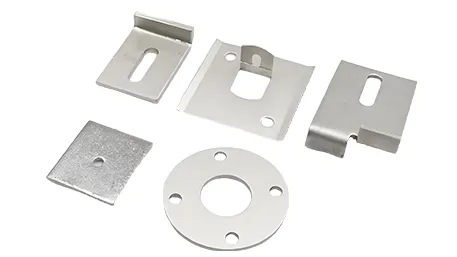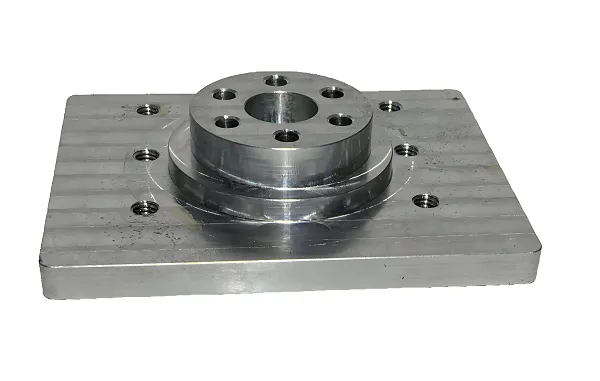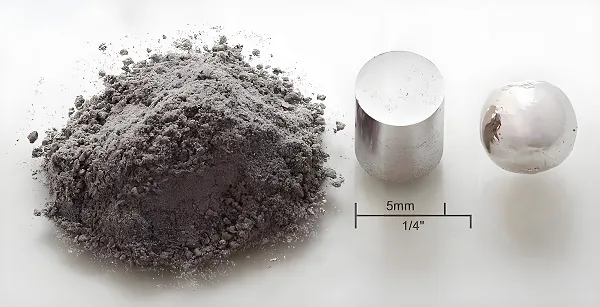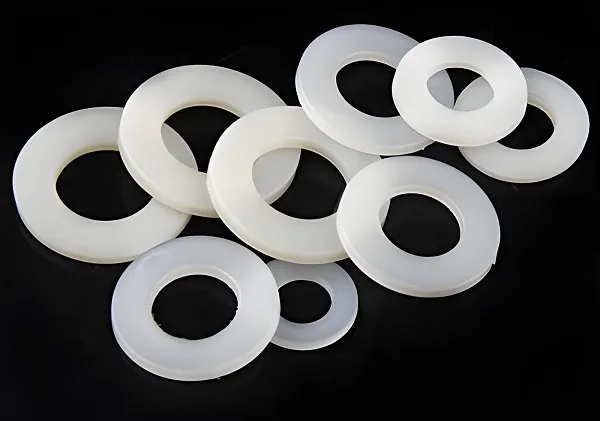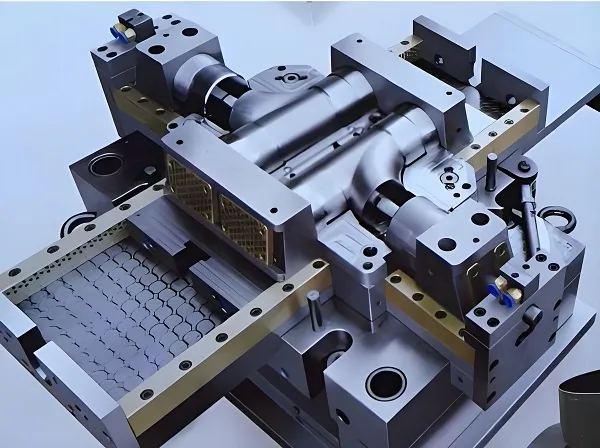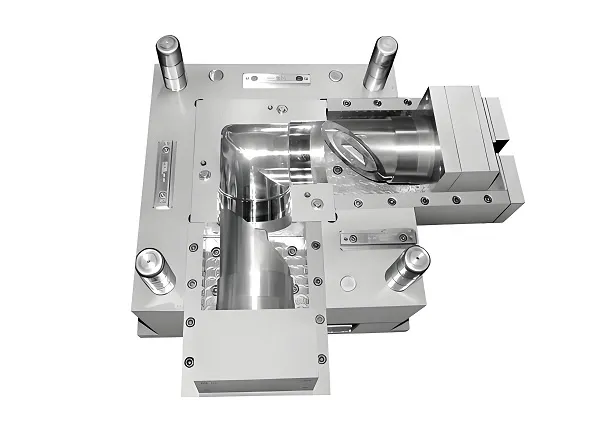Brass motor gear fasteners are specialized connecting components for motor gear systems, made of brass via precision processing. They integrate brass’s corrosion resistance and ductility with high dimensional accuracy (e.g., thread tolerance up to 6g), mainly used to fix gears to shafts or housings. adapting to high-speed rotation (2000-10000 RPM) and vibration of motors, they ensure stable torque transmission and precise gear meshing, widely applied in automotive starters, household appliance motors, and industrial drive systems.

1. Definition of Brass Motor Gear Fasteners
Brass motor gear fasteners refer to brass-based components designed for motor gear assemblies, with core functions of “fastening” and “positioning”. Unlike ordinary fasteners, they must meet:
- Dimensional precision: Thread accuracy (e.g., metric 6g/8g) and fitting clearance (≤0.02mm) to avoid gear misalignment;
- Working condition adaptability: Resistance to motor oil erosion, tolerance to 80-150℃ operating temperature, and anti-loosening under long-term vibration;
Common types include brass gear bolts, set screws, and flange nuts, tailored to gear structure (e.g., helical gear, spur gear) and motor power.
2. Materials for Brass Motor Gear Fasteners
Selecting materials based on motor load, speed, and environment, mainstream grades are:
- H62 Brass (62% Cu): Moderate tensile strength (≥300MPa) and good impact resistance, suitable for low-to-medium power motors (e.g., 1-5kW household appliance motors);
- Hpb59-1 Brass (59% Cu, 1% Pb): Excellent machinability, easy to process high-precision threads (no burrs), ideal for fasteners with complex thread structures (e.g., double-ended gear bolts);
- H68 Brass (68% Cu): High ductility and fatigue resistance, able to withstand repeated torque impacts in high-speed motors (e.g., automotive starter motors, 8000+ RPM);
- Brass Alloys with Additives: For harsh environments (e.g., industrial motors with dust), add 0.5% Sn to enhance wear resistance, or 0.3% Si to improve oil resistance.
3. Functions of Brass Motor Gear Fasteners
In motor gear systems, they undertake four core roles:
- Torque Transmission Support: Fix gears to rotating shafts, ensuring no slippage during torque transfer (e.g., preventing gear idling in automotive starter motors);
- Precision Positioning: Maintain gear center distance and meshing clearance (≤0.05mm), avoiding noise or tooth wear caused by misalignment;
- Vibration Damping: Brass’s inherent elasticity reduces vibration transmission between gears and housings, lowering motor operating noise (by 3-5dB compared to steel fasteners);
- Environmental Adaptation: Resist corrosion from motor lubricating oil and ambient humidity, preventing rust-induced fastening failure (service life extended by 50% vs. carbon steel fasteners).
4. Processes for Brass Motor Gear Fasteners
The process chain is optimized for “thread precision” and “anti-loosening performance”:
- Pretreatment:
- Material cutting (cut brass rods into fixed lengths, error ≤0.1mm);
- Ultrasonic degreasing (remove surface oil to avoid thread processing defects);
- Forming Processes:
- Cold Heading: For bolts/nuts, one-time forming of heads (high efficiency, 100-200 pieces/min, enhances material density);
- Forging: For high-load fasteners (e.g., motor main gear bolts), hot forging to improve tensile strength (increase by 15-20%);
- Finishing Processes:
- Thread Processing: Roll threading (for external threads, precision up to 6g) or tapping (for internal threads, no thread breakage);
- Heat Treatment: Low-temperature annealing (280-320℃) to eliminate processing stress, prevent thread deformation;
- Surface Treatment: Electroplating (zinc/nickel, thickness 8-12μm) for anti-corrosion, or passivation to improve oil adhesion;
- Inspection Processes:
- Thread Gauge Testing (100% inspection of thread accuracy);
- Torque Test (simulate motor working torque, check anti-loosening performance);
- Salt Spray Test (48-hour test to verify corrosion resistance).
5. Machining of Brass Motor Gear Fasteners
Key machining methods target “thread precision” and “batch efficiency”:
- Cold Heading Automated Lines: For standard fasteners (e.g., M5-M12 gear bolts), integrate feeding, heading, and threading, daily output 50,000+ pieces, thread error ≤0.01mm;
- CNC Turning: For custom fasteners (e.g., non-standard head shapes), process complex structures (e.g., hexagonal heads with positioning holes) with dimensional accuracy ±0.005mm;
- Specialized Thread Machining:
- Roll Threading Machine: For Hpb59-1 fasteners, set rolling speed 30-50m/min to avoid thread galling;
- Tapping Centers: For internal thread fasteners (e.g., gear nuts), use high-speed steel taps to ensure thread smoothness (Ra ≤1.6μm);
Machining parameters are adjusted by material: e.g., H62 brass uses higher cold heading pressure (800-1000MPa) than H68 (600-800MPa) to ensure forming quality.
6. Advantages of Brass Motor Gear Fasteners
Compared with steel or aluminum alloy motor gear fasteners, brass variants have unique advantages:
- Superior Anti-Loosening Performance: Brass’s coefficient of friction (0.3-0.4) is higher than aluminum (0.2-0.3), preventing fastener loosening under long-term motor vibration (loosening rate <1% in 5000-hour tests);
- Low Maintenance Cost: Brass resists motor oil and humidity corrosion, no need for regular rust removal (maintenance cycle extended to 3-5 years vs. 1-2 years for carbon steel);
- Noise Reduction: Brass’s damping coefficient (0.0015) is 2x that of steel, reducing gear meshing noise by 4-6dB, meeting low-noise motor standards (e.g., IE3 efficiency motors);
- Cost-Effectiveness: Brass fasteners cost 30-40% less than stainless steel ones, and their high machinability reduces production waste (scrap rate <2% vs. 5% for aluminum).
7. FAQ about Brass Motor Gear Fasteners
- Q: What is the service life of brass motor gear fasteners in automotive starters?
A: Under normal use (1000-3000 starts/year), service life is 8-10 years; with nickel plating, it can be extended to 12-15 years. - Q: Can they be customized for miniature motors (e.g., 12V DC motors)?
A: Yes, we support micro-fasteners (e.g., M2-M4 threads, length 5-15mm) with dimensional accuracy ±0.003mm, adapting to small gear assemblies. - Q: What thread accuracy grade is suitable for high-speed motors (≥8000 RPM)?
A: Recommend 6g thread grade, which ensures meshing clearance ≤0.03mm, avoiding gear jamming at high speeds. - Q: Do you provide torque specifications for installation?
A: Yes, based on fastener size (e.g., M6 bolt: 8-10 N·m; M8 bolt: 15-18 N·m) and motor power, we issue detailed installation guidelines to prevent over-tightening damage.
8. Customization of Brass Motor Gear Fasteners
We offer end-to-end customization for brass motor gear fasteners, tailored to motor type and gear parameters:
- Demand Communication: Technical team collects motor power (kW), gear module (m), operating temperature, and fastening torque requirements to recommend materials (e.g., Hpb59-1 for high-precision threads, H68 for high-speed motors);
- Solution Output: Deliver 3D models (STEP/IGES format) and process plans within 2 days, clarifying cost (e.g., M5 custom bolts: $0.15-$0.25/piece) and lead time;
- Sample Production: Complete prototyping in 3-4 days, conduct torque and vibration tests (simulate 1000 motor starts) to verify performance;
- Mass Production: Support small batches (500-1000 pieces, delivery in 5-7 days) and large batches (10,000+ pieces, delivery in 10-12 days), with full-process quality tracking;
- After-Sales Guarantee: If fasteners loosen or deform within 1 year, we provide free replacement and technical optimization.
If you need brass motor gear fasteners for automotive, household appliance, or industrial motors—whether standard sizes or custom designs (e.g., non-standard threads, special head shapes)—please leave a message! With 8 years of experience in motor fastener manufacturing, our products meet IEC 60034 and SAE J1926 standards, and we offer free sample testing and technical consultations. Let’s create stable, low-noise motor gear fastening solutions together!

